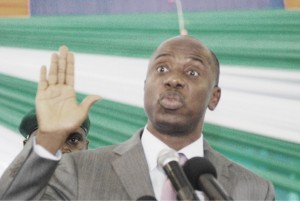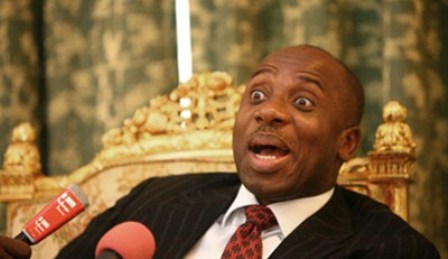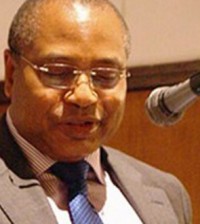Chartered Institute Of Taxation set to tackle multiple taxation in Rivers state
 The newly elected President of the Chartered Institute of Taxation of Nigeria (CITN), Mr. Mark Anthony Chidolue Dike has expressed his administration’s resolve to eradicate multiple taxation in Rivers state.
The newly elected President of the Chartered Institute of Taxation of Nigeria (CITN), Mr. Mark Anthony Chidolue Dike has expressed his administration’s resolve to eradicate multiple taxation in Rivers state.
Mr. Dike, who made this declaration in Port Harcourt, said the CITN would join forces with the Port Harcourt Chamber of Commerce (PHCCIMA) and other members of the organized private sector.
He described multiple taxations as nuisance tax which CITN intends to expunge from the system.
Dike added that the body would continue to make relentless effort at also ensuring that government was bound by the enabling laws which stipulated that only tax on net profits must be remitted to government to ensure that businesses thrive.
The CITN helmsman disclosed that in developed economies like America, and Britain, 35% of the net profits was required to be paid as taxes.
He blamed high incidence of multiple taxation in Nigeria on the activities of unaccredited tax agents.
According to him, the Chartered Institute of Taxation of Nigeria (CITN) “is a professional organization whose members are certified as qualified tax practitioners or administrators. Tax professionals must be consulted at all times if we intend to pay the right taxes”.
He stressed that CITN would continue to sensitize the people on the need to pay legitimate taxes pledging his organization’s resolve to have a close and mutually beneficial relation with PHCCIMA.
In his remark PHCCIMA President, Engr. Emeka Unachukwu represented by the second Deputy President, Dr. Emi Membre Otaji said taxation had continue to pose serious problems not just for PHCCIMA and its member companies but to the generality of the people.
“Honestly the cost of doing business in the state is increasingly on the rise following some of these anomalies”, he said.
Otaji noted that PHCCIMA was a member of a committee set up by the state government to harmonize existing taxes in the state and observed as worrisome a shocking revelation that over 200 different kind of taxes are paid to local, state and federal government in the state.
He lamented that this had heavily affected businesses negatively even as he expressed confidence on the input of PHCCIMA and other stakeholders in the committee to address and clarify the various tax regimes in the state.
This, he said, would be attainable if the Rivers State House of Assembly ratifies the report of the committee.








